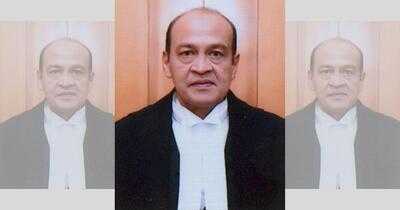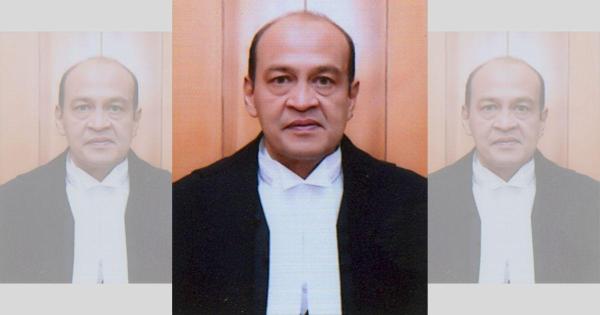

With the announcement of an in-house inquiry against Justice Yashwant Varma to investigate allegations of unaccounted cash on his official premises, the Indian judiciary is set to face its most consequential test of its independence and integrity in the court of public opinion.
The tawdriness with which the facts of this case stumbled out in the public domain, along with the unprecedented disclosure of raw videographic evidence by the Supreme Court on its website, before its veracity could be tested through legal proceedings, raise questions of judicial propriety.
There is no rule of transparency that requires the disclosure of raw evidence when an investigation is pending. Even the Right to Information Act contains a substantial carveout against the disclosure of any evidence while an investigation is pending. In fact, over the years, the courts have decried the culture of investigating agencies leaking crucial evidence to journalists, since the same is inevitably followed by a media trial.
The Supreme Court has set a poor precedent for the future by sending a signal to the judges of the High Courts that any sundry allegation against them can be disclosed publicly before they have an opportunity to have the evidence forensically examined or an opportunity to cross-examine the persons...